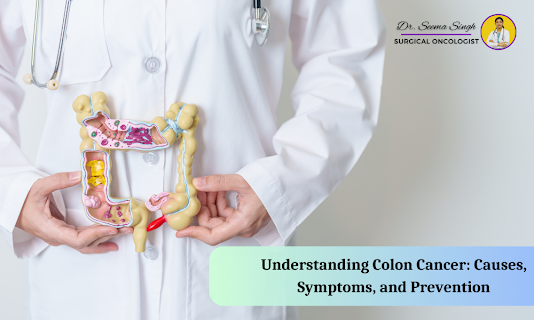Oral Cancer Prevention Tips You Should Know
.png)
Preventing oral cancer is important. To lower your risk, it's good to know what can make you more likely to get it. These are called risk factors, and while you can't change some of them, there are things you can do to reduce your chances of developing oral cancer. The main risk factors for oral cancer are: 1. ** Tobacco Use **: This includes smoking cigarettes, cigars, or pipes, as well as chewing tobacco or using snuff. If you use any form of tobacco, quitting can help lower your risk. 2. ** Alcohol Consumption **: Drinking alcohol, especially in large amounts over a long time, increases your risk. If you do drink, try to do so in moderation or consider quitting. 3. ** HPV Infection **: Human papillomavirus (HPV) infection is a risk factor, particularly for cancers at the back of the throat. Limiting your risk of HPV infection can help lower your risk of oral cancer. 4. ** Sun Exposure **: Ultraviolet (UV) radiation from the sun can increase the risk of lip cancer. Protect ...
.png)
.png)

